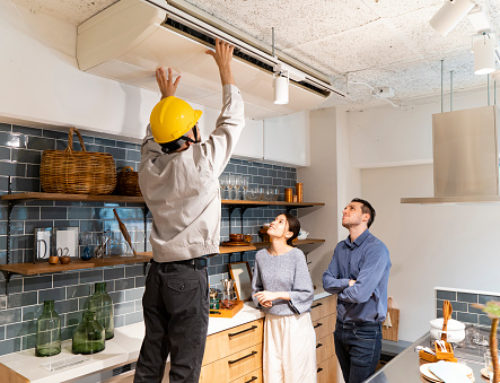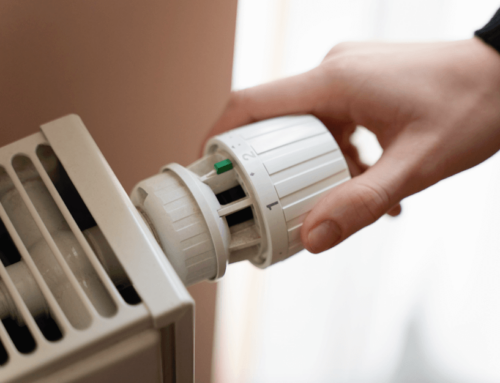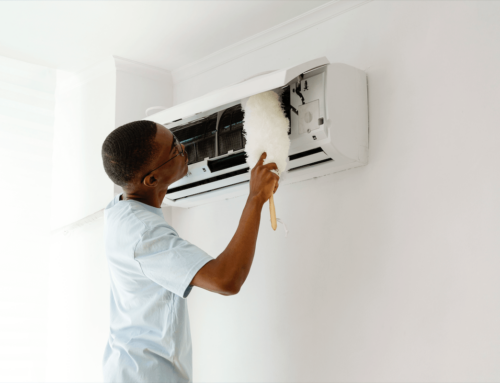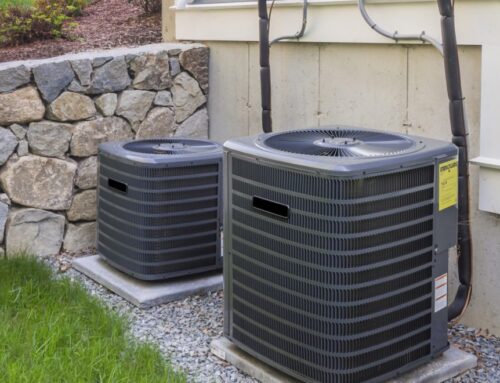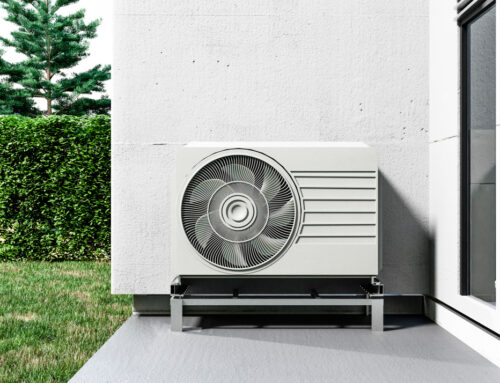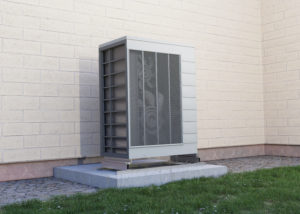 When choosing a heating system, there are a few important factors to consider to make the best and most energy-efficient choice. You will have to consider how the system works, your climate and heating needs, and each system’s maintenance requirements. Let’s explore the differences to help you make choose the best option.
When choosing a heating system, there are a few important factors to consider to make the best and most energy-efficient choice. You will have to consider how the system works, your climate and heating needs, and each system’s maintenance requirements. Let’s explore the differences to help you make choose the best option.
Heat Pumps
Heat pumps are versatile dual-purpose systems that provide both cooling and heating. The most common is the air source heat pump, which can be ducted or ductless. This type has an outdoor and indoor unit, a refrigerant line connecting both units, and a reversing valve.
Heat pumps use electricity to transfer thermal energy from the air outside to inside. The heated air circulates throughout your home to achieve the desired temperature, whether cooler in the summer or warmer in the winter. Heat pumps warm the moisture in the air, providing an even supply of naturally humid air, which can be less drying on the skin. They tend to work best at temperatures as cold as – 5˚C, at which point they become less energy efficient and typically do not provide enough heat to keep the home warm enough.
There are “cold climate heat pumps” that can provide heat down to -30 C. That being said, they typically only provide enough heat to heat the home to -15 C at which point the backup furnace or electric baseboards need to kick in to keep the home comfortable on those cold days and nights.
Furnaces
Conventional furnaces create heat using gas, while electric furnaces rely on heated coils. Neither type of furnace is dependent on outside temperatures. As a result, furnaces can provide sustained heat during severe temperatures. Unlike heat pumps, furnaces must be accompanied by a cooling system to cool a home in warmer months.
A furnace operates using four main components:
- A burner, where fuel is burnt to generate heat
- Heat exchangers that transfer heat from the furnace to the air stream
- A blower fan, which circulates air from the home across the heat exchanger, heating the air and circulating it throughout the house
- A flue or vent that allows for the safe dispersion of gaseous by-products, such as carbon dioxide, outside the home
Furnaces will burn at full blast until the desired temperature is reached and then switch off. This can create hot spots throughout your home. The air from furnaces also tends to be drier, leading to dry skin, however, you can add a humidifier to them to combat this problem and make the air less dry.
Cost and Energy Efficiency
Numerous factors affect each option’s cost and energy efficiency, including the size and thermal requirements of the area needing heating or cooling. While the installation cost for heat pumps tends to be higher than for furnaces, operation costs are usually significantly lower.
On average, heat pumps are more energy efficient. However, high-efficiency natural gas and electric furnaces can provide greater energy savings in colder climates, especially when fuel prices are low. The most cost-effective, energy-efficient option is to have a cold climate heat pump or regular heat pump and high efficiency gas furnace.
Maintenance
Furnaces are used mainly during the winter months and have fewer mechanical parts requiring maintenance. Furnaces have an average life span of 15-20 years and can outlast heat pumps if serviced regularly. Heat pumps, meanwhile, tend to be used year-round and, even with regular servicing, have a life span of 10-15 years.
Which Is Better?
Understanding your home’s needs and climate will help determine if a heat pump or furnace is right for you. Each option has advantages, and your choice depends on your requirements. Keep in mind that dual systems can provide the best of both worlds. These systems switch between the heat pump or furnace depending on the situation.
Buy Your Heat Pump or Furnace Online
Canada HVAC has over 30 years of industry experience and is your premier choice for trusted heat pump and gas and electric furnace brands. We provide reliable heating solutions and can connect you with a licensed installation technician. Get in touch today using our online form or call us at 1-833-CAN-HVAC (226-4822) to speak with one of our experienced HVAC specialists.

